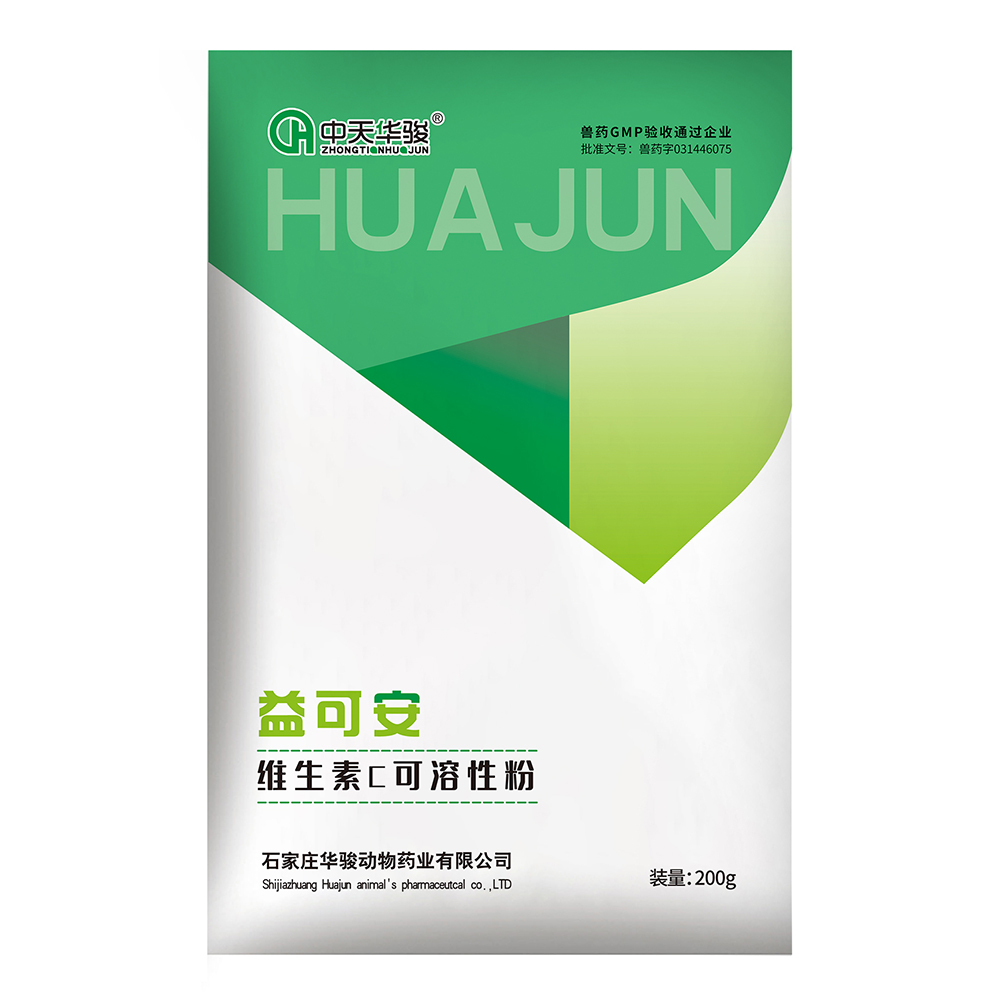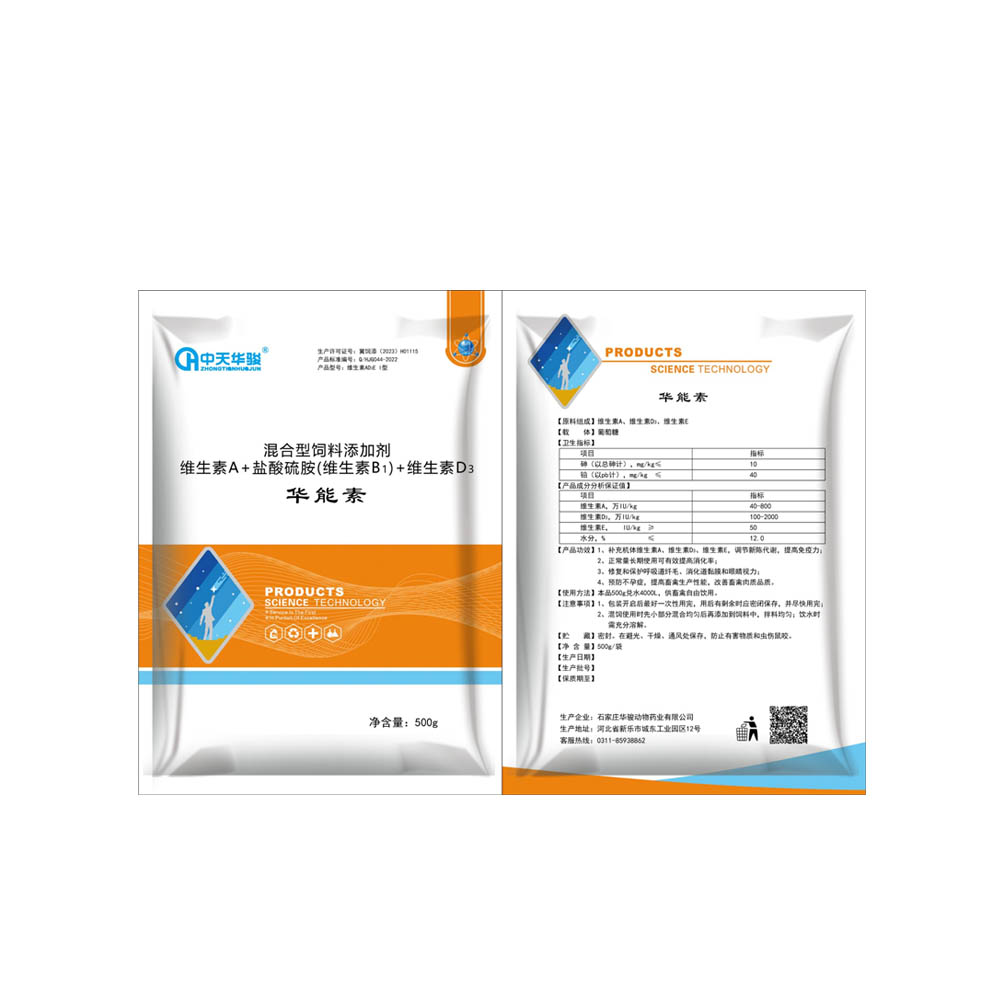
Jan . 06, 2025 15:53 Back to list
coccidiosis
Coccidiosis is a notorious parasitic disease affecting a wide array of animals, particularly poultry. As an expert in animal health solutions, I have witnessed firsthand the devastating impact this disease can have on livestock and farm productivity. This article aims to provide an authoritative guide on effective products and practices for combating coccidiosis, ensuring both a credible and experience-based approach.

Understanding Coccidiosis Coccidiosis, caused by protozoan parasites of the genus Eimeria, poses significant challenges to animal health and farm economics. Symptoms include diarrhea, weight loss, and even mortality in severe cases. It's a disease that thrives in conditions where animals are kept in close confinement—making it prevalent in poultry farms.
The Importance of Timely Intervention Identifying the early signs of coccidiosis is imperative for successful intervention. Once detected, taking swift action is crucial to minimize losses and ensure the well-being of the animals. Here is where expert-recommended products play a crucial role.

Expert-Recommended Coccidiosis Control Products Through extensive field trials and my direct involvement in animal health management, I've identified several products that show efficacy in controlling and preventing coccidiosis
1. Coccidiostats These are a class of feed additives that inhibit the growth and reproduction of coccidia without affecting the host animals. A widely used coccidiostat is salinomycin, which has proven effective in maintaining poultry health and productivity. Administering coccidiostats in the correct rotation is key to preventing resistance buildup.
2. Vaccines Live vaccines have gained prominence as a preventive measure. These vaccines contain attenuated strains of Eimeria and work by stimulating the immune system to develop resistance. Regular vaccination schedules, particularly for layer and breeder chickens, can significantly reduce outbreaks.
coccidiosis
3. Herbal Alternatives With growing consumer demand for organic and natural products, herbal supplements have surfaced as viable alternatives. Extracts such as oregano, garlic, and thyme have shown promise due to their antimicrobial properties and can be integrated into feed as a preventive measure.
Building Trust with Quality Assurance A major concern among farmers is the reliability and safety of these products. Partnering with reputable manufacturers who adhere to stringent quality control measures is crucial. This ensures that the products are free from contaminants and consistent in their effectiveness.
Holistic Farm Management Practices While products can significantly aid in controlling coccidiosis, they should be part of a comprehensive farm management strategy. Implementing proper sanitation practices, regular health monitoring, and ensuring optimal nutrition are critical components. Controlling humidity and maintaining cleanliness in animal housing can reduce the likelihood of coccidia proliferation.
Sharing Real-world Success Stories Trust is built through shared experiences. I recall a large-scale poultry farm in Texas that implemented a rotational coccidiostat program while introducing regular vaccination and herbal supplements. The farm reported a 60% decrease in coccidiosis incidents over a year, leading to improved bird health and substantial economic savings.
In conclusion, the fight against coccidiosis requires a combination of cutting-edge products, thorough knowledge of farm management, and relentless vigilance. Armed with the right information and tools, farmers can protect their livestock, ensuring their operations remain profitable and sustainable. Through evidence-backed strategies and products, we can collectively work towards a future free from the scourge of coccidiosis.
-
Quality Bacillus Coagulans BC30 Factory - Expert Production
NewsAug.02,2025
-
China Salivation AI with GPT-4 Turbo Features
NewsAug.01,2025
-
Epic Sepsis Factories: AI-Driven Detection with GPT-4 Turbo
NewsJul.31,2025
-
Acute Salpingitis and Oophoritis AI Factory
NewsJul.31,2025
-
Premium China Bacillus Subtilis Supplier & Factory Solutions
NewsJul.30,2025
-
Premium Avermectin Supplier in China | Custom Solutions Available
NewsJul.29,2025




